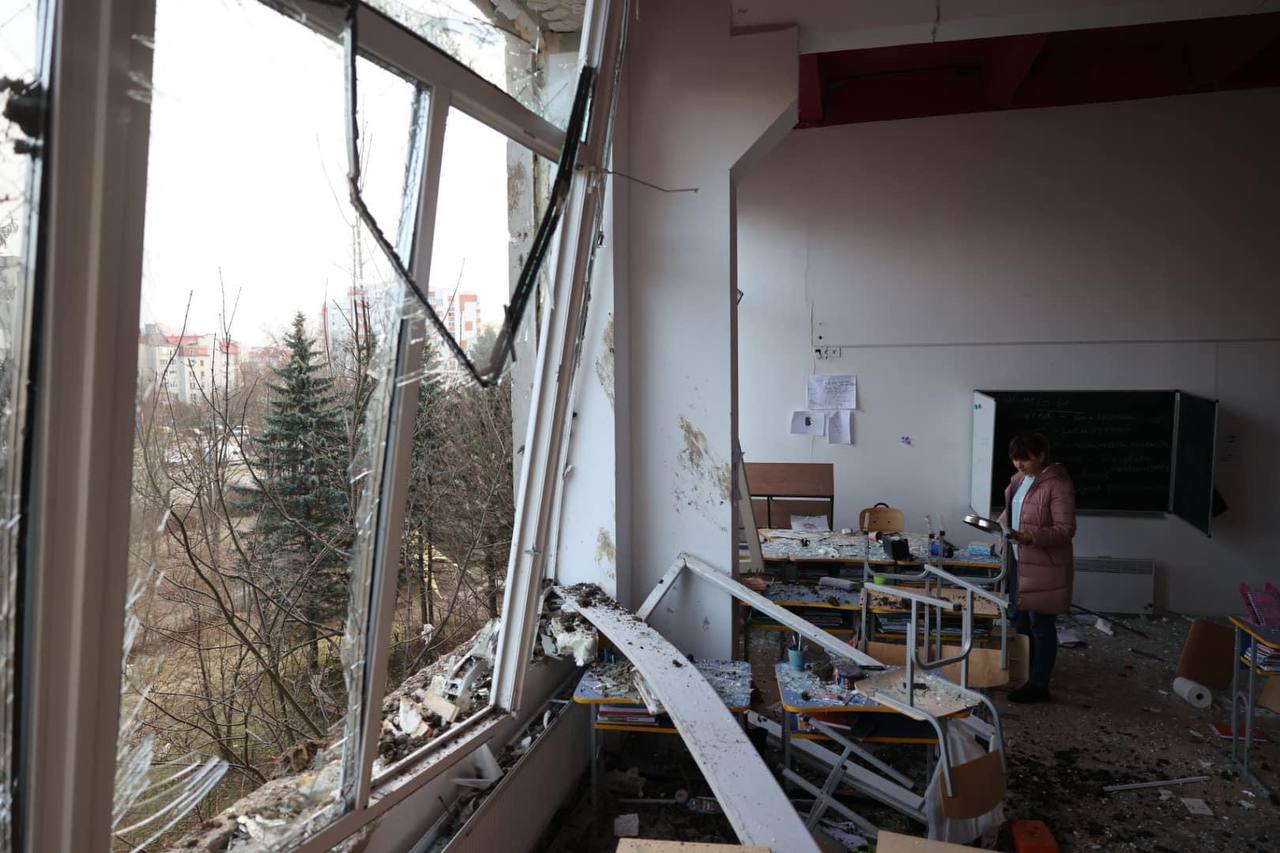Shmyhal: Ukraine listing sites that could be rebuilt with funds from frozen Russian assets

Ukraine is compiling a list of sites that Russia has destroyed to specifically allocate funds from frozen Russian assets, Prime Minister Denys Shmyhal said at a press conference on March 4, according to a Kyiv Independent journalist.
Western countries and other partners froze around $300 billion of the Russian central bank's assets at the start of the full-scale invasion. According to the World Bank, the estimated cost of Ukraine's post-war recovery and reconstruction has risen to $486 billion.
The confiscation of frozen Russian assets to fund Ukraine's reconstruction is a key priority for the Ukrainian government in 2024 and is an initiative supported by most of Ukraine's partners, Shmyhal said at the press conference.
As well as compiling a list of damaged infrastructure, Ukraine is establishing an "international confiscation task force," Shmyhal said.
Shymhal said that Ukraine is separately working with Belgium and the EU regarding the use of profits generated by frozen Russian assets for Ukraine's reconstruction.
The EU has been hesitant to confiscate Russian assets outright, fearing legal pitfalls and possible retribution by Russia, but has made steps to target the profits generated by frozen Russian central bank assets.
The EU agreed in February to set aside billions of euros of profits from these assets, paving the way to allow the profits to be transferred to Ukraine.
The plan most directly impacts Euroclear, a Belgium-based financial services company that holds about 191 billion euros ($205 billion) in Russian assets.
Central securities depositories (CSDs) holding more than 1 million euros ($1.07 million) in assets from the Russian central bank must separate any profits generated from the primary accounts, according to the plan.
A letter signed by international legal experts in February argued that the seizure of frozen Russian central bank assets to aid Ukraine would be lawful given Russia's "ongoing breach of the most fundamental rules of international law."














